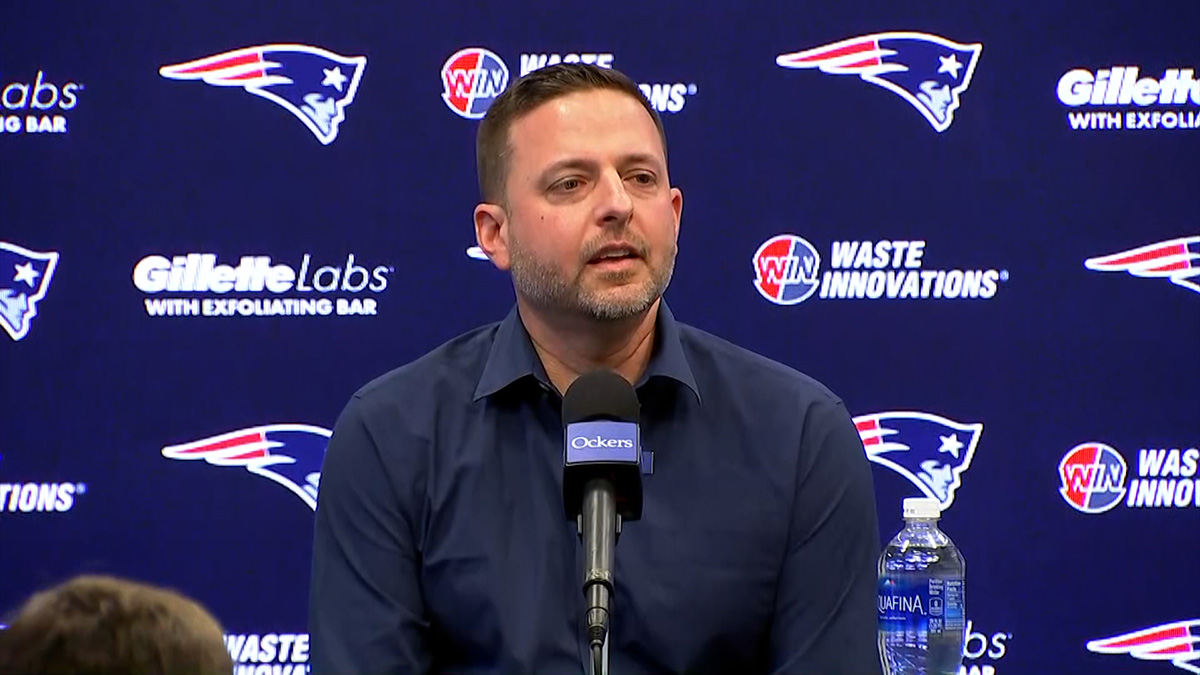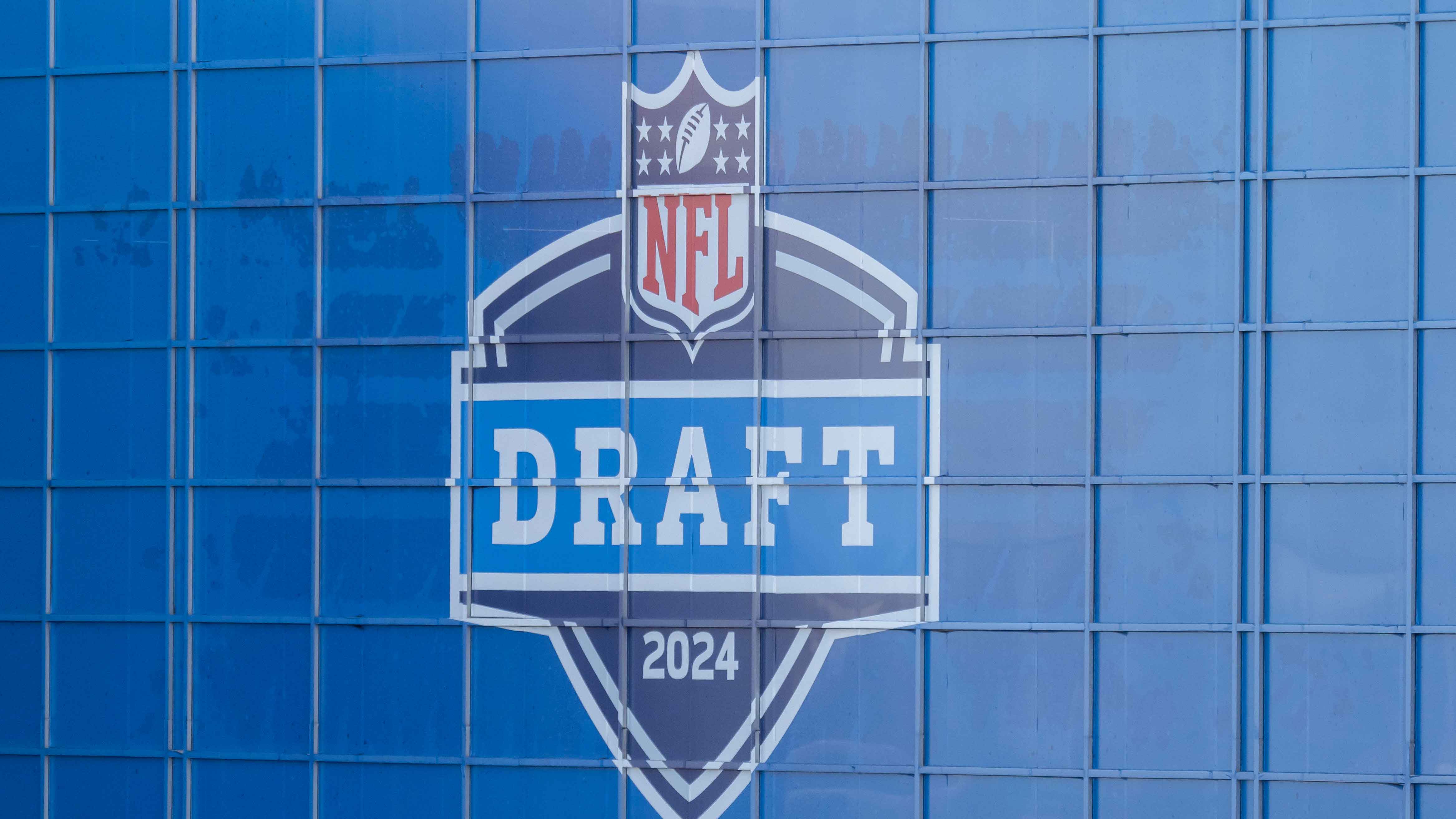The use of a significantly diminished Khalil Mack against the New England Patriots leaves a question or two about personnel judgement on the defensive staff, which like every coaching staff is tasked with putting players in best positions, literally and figuratively, to succeed.
Did coordinator Vic Fangio and the defensive staff in fact do that with Mack and, by extension, the rest of the defense? And what are the implications for Sunday’s game with the Jets, in which a limited Mack projects to create, not just a lessened strength, but in fact an outright weakness? When is his ability less than a healthy, normally lesser backup? Assuming that Mack is even active, of course.
Because of the ankle injury Mack suffered at Miami, he was unable to deliver more than a shadow of his pass-rush forte. Accordingly, he rushed Tom Brady on only 16 of his 54 snaps, fewer than his drops into coverage. But that was then…
Stay in the game with the latest updates on your beloved Chicago sports teams! Sign up here for our All Access Daily newsletter.
The more immediate issue is whether Mack belongs in a coverage concept vs. a rookie in Jets QB Sam Darnold. And no one is accepting that Mack’s absence should have any domino effect on others, particularly since the Bears were a top-10 defense without Mack last year.
“For anybody to use that as a crutch is just looking for a reason,” said defensive coordinator Vic Fangio. “Whether he’s out there playing at his best or playing at something less than his best because of an injury, it doesn’t affect the way the other 10 guys have to do their jobs. Now can the result be better? Yes, for the unit. But it still shouldn’t affect the way you do your job and I just don’t buy that that’s the reason this guy is not playing as well or that guy is not playing as well.”
The issue is less with the ineffective pass rushing; indeed, half of a Khalil Mack moving mostly straight ahead after a marginally mobile quarterback is arguably better than, say, a full Isaiah Irving. But an impaired Mack in coverage is another matter, since it is not what Mack does well in the first place.
Mack in 70 career games has totals of exactly two interceptions and 13 passes defensed. The vast majority of those came while Mack was rushing and got a hand up to deflect a ball, not in man coverage on a back or tight end.
NFL
Lovie Smith once explained that he left linebacker Lance Briggs in on dime packages, reasoning that Briggs was better in coverage than fourth- or fifth-string defensive backs the Bears had available.
Applying the Smith-Rod Marinelli approach: Against Brady, was an impaired Mack seriously better than a healthy Irving, Kylie Fitts, inside linebackers Joel Iyiegbuniwe or even Nick Kwiatkoski, for that matter? Really? They’re that bad?
Maybe some of the problem lies in CBA constraints placed on practices. How impaired Mack truly was may not have been easily discerned based on limited full-contact practicing.
Whatever the case, Mack was not effective in any capacity against perhaps the greatest quarterback in NFL history, who clearly had no difficulty figuring out that not only was the Bears’ best pass rusher little threat to his pocket and normal quick-release style, Mack was also not someone Brady had to worry much about in man coverage or short zones. Not a best-chance-of-success situation, and Brady had little difficult putting up the second-highest passer rating of his last 12 games.
The concern should be that if Mack is again impaired enough to drag down his rush of Darnold, does he in fact weaken the defense against a vulnerable rookie?
Yes, but...
“It may affect our overall performance,” Fangio said, “but it’s no reason for a guy over here and a guy over there to have a bad down because [Mack] is sub-par. That’s just a fact.


